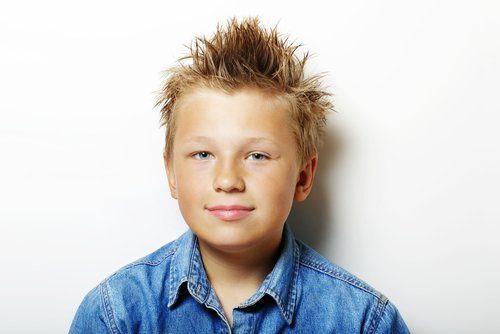Encouraging Cooperation and Confidence through the right kind of praise
A small change to where we put our attention can make a big change in our relationship with our child

I used to think that I was great at praising my kids. I was forever throwing out a ‘clever you’, ‘good boy’ or ‘that’s amazing.’
I was on the right track as praise and acknowledgement are important not only to build our children’s sense of self, reinforce appropriate behaviours and nurture a positive relationship and praise helps to counter the huge number of criticisms, corrections, or negative comments our children hear and experience every day. Incredibly the average child hears 432 negative comments or words per day and only 32 positive ones. It’s easy for us all to continually but unwittingly criticise: ‘No, you can’t’. ‘Get your feet (or the dog) off the sofa.:’, ‘Hurry up or we’ll be late again’.’ Can you please get off that screen? ‘
This was the soundtrack of our home, and it still is with the dog and the sofa.
We all know praise is important but interestingly not all praise is the same.
Rather than evaluatively praising with the' clever boy, good girl, amazing you ' comments, we want instead to descriptively praise our children. This acknowledgement and attention is a micro-moment that packs a big punch.
Why doesn't evaluative praise work? Evaluative praise doesn't get the effect we're hoping for because our kids often don’t believe us when we call them clever, awesome or talented. Used over and over again, our superlatives lose credibility and our children don't feel that our easily tossed phrases show any real interest. Evaluative praise also isn't specific enough meaning that it doesn’t give our child the information they need to repeat the behaviour we’re looking for and its outcome or results focused. It's where we put our attention that our children will read as being important and when we repeatedly ask first "Did you win the match? what did you get on the test? who got picked first?" , they're read that as the goal.
Descriptive praise by contrast is detailed, honest, and process-focused and lets our child know exactly the values and behaviour that we’re looking for. It encourages cooperation and builds confidence.
What does descriptive praise sound like and why does it work? Here are a few examples:
1. ‘You put the dishes in the dishwasher after you rinsed them.’ ‘You remembered to put your bag by the door ready for the morning and with your trainers. That’s a great way to get prepared.’
‘You put your phone down as we are talking. I appreciate that ‘
Notice that we’re focusing on all the small things they get right, rather than one of the 432 things that are going wrong. We're giving them positive attention and our approval, its feels good and we're helping them feel motivated to repeat the behaviour.
2. ‘You’ve done up all your buttons on your own this morning. That took concentration! ’ ‘You’ve put the duvet back on the bed” ( try not to look at the rest of the mess in the room!) ”’ You guys are putting the Lego back in the box together. That’s teamwork!” ‘You’re at the desk and you look ready to start your homework without me nagging you! Great independence.’
Here we're noticing and mentioning the small steps in the right direction and the quality or value shown by their behaviour. Our children take on board that they're organised, kind, independent, capable etc.
3. ‘You tried that again after you made a mistake. That shows determination.’ ‘That was a tough conversation, and you should feel proud of yourself as it must have felt uncomfortable.’ ‘Even though you won, you were all really gracious to the other team. That’s great sportsmanship'.
We acknowledge that effort, the attitude, and the strategies our kids are using which sends a clear message that these are things that matter.
This way of speaking can sound foreign, unnatural, and strange at first to both you and your children, especially if you, like me, had your default set to point out all the things they got wrong and nag them. They’ll get used to it and they'll respond positively. They might not tell you but they’ll be motivated by the detailed attention to all the small things they get right and it will gradually change your relationship, improve their behaviour, and generally make your home feel calmer.
Start small and try to consciously point out three good things your children have done today. Tell them or tell your partner when they’re within earshot or write it down, text your older children or read it to your child before they go to sleep. Give it a try and see how the atmosphere shifts.
